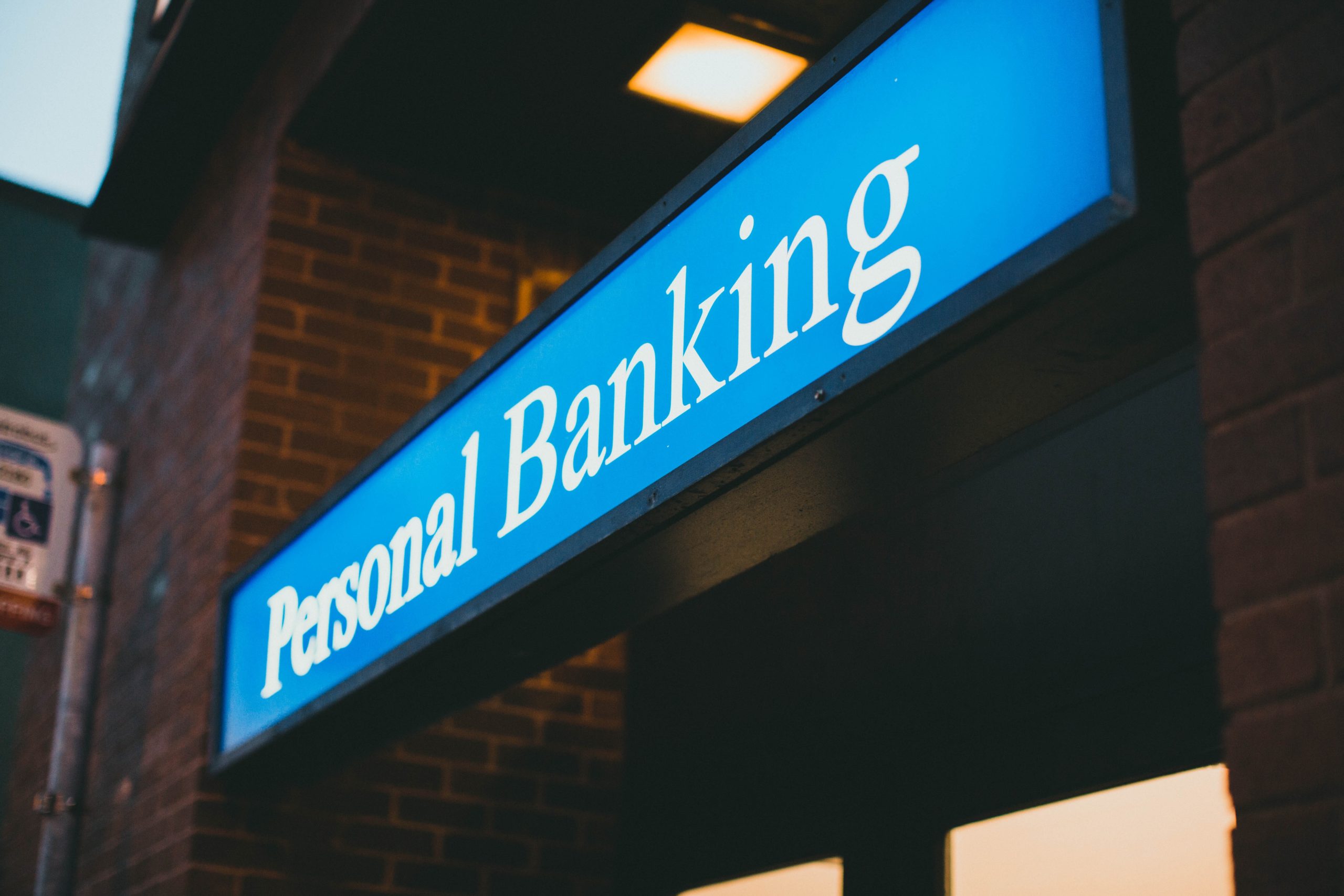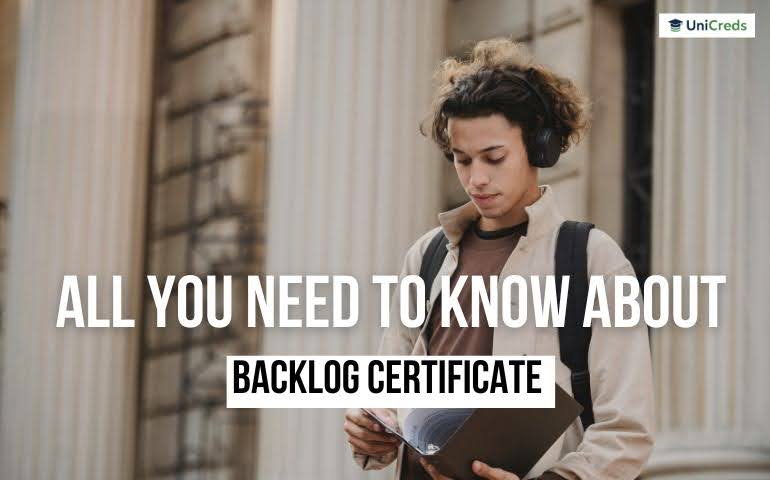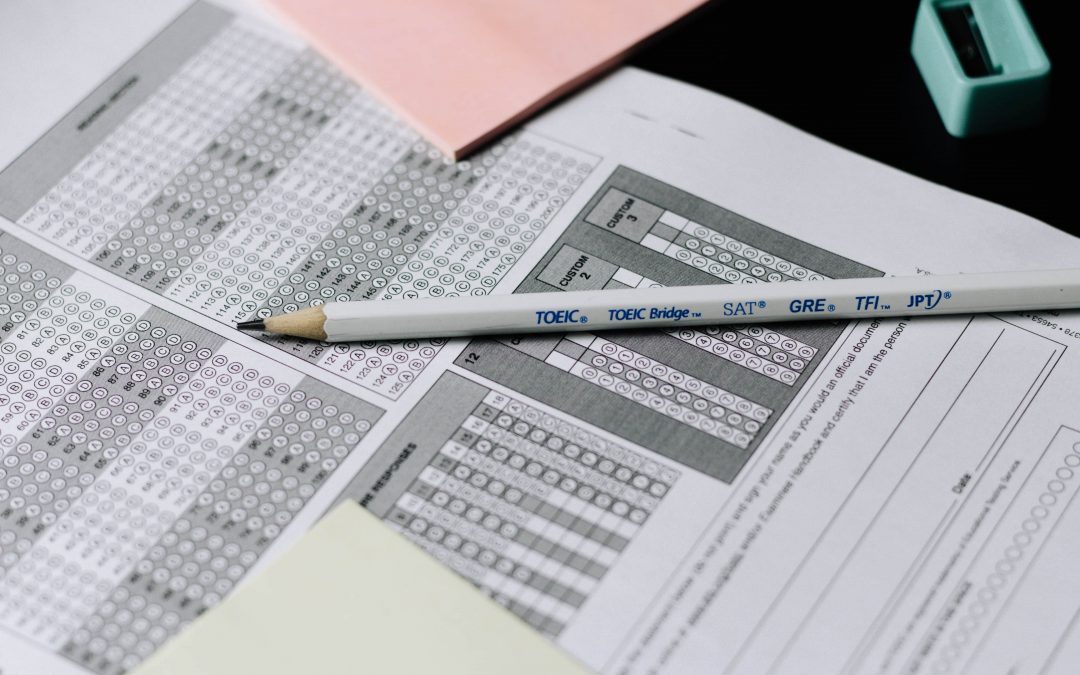Table of Contents
No matter which phase of life you are in, be it a student, a working professional, a homemaker or an entrepreneur, having a bank account is necessary for achieving your financial priorities.
Opening a bank account will help keep your finances safe, make it easier for you to access your funds, and it becomes less expensive to cash checks as well.
However, there are various types of bank accounts that are available to suit various needs. It is essential to know which types of bank account will help you achieve your financial objectives so you can have all of the resources you need for both spending and saving.
This article goes into great detail about what exactly is a bank account, the types of bank accounts, and their significance.
What Is A Bank Account?
A bank account is perhaps the best place that can save, invest, and grow your funds. Additionally, these days, to make your life easy, banks now provide a wide range of accounts, such as savings, current, and fixed among others to meet the diverse demands of their clients.
Every account comes with its own distinct qualities and specifications, ranging from the amenities provided to balance maintenance and other important things.
Why Is It Important To Create A Bank Account?

The potential advantages of owning a bank account are multiple. While there are many, one of the most common utilities is that it allows you to use a debit card, which is useful if you prefer not to carry cash around with you when you make purchases.
Additionally, most workplaces offer the option to deposit money directly into your account. Direct deposit is also used by some government assistance programmes to disperse benefits.
Besides that, having an account enables you to use online payment apps and pay bills digitally. It is also invaluable for paying recurring expenses like phone and utility bills.
Most importantly, having a bank account gives you a history of your expenditure, which can help you stay on track with your budget plan.
What Are The Types Of Bank Accounts?
Following is a list of a few different types of bank accounts that will be helpful for your financial independence.
1. Savings Account
This kind of bank account is used by customers to save money for later use. Essentially, your money increases over time because your deposits generate interest.
Along with this account, you also get access to a selection of payment-related services such as debit cards, internet banking, online money transfers, etc.
A savings account is one of the standard bank account types where you can start your association with finance independently.
2. Current Account
Businesses, entrepreneurs, and big corporations are the primary users of current accounts. Since businesspeople, traders etc need to receive and make payments regularly, there is no limit to the total amount of money you can have in this account.
Current accounts also allow overdrafts or taking out more money than is currently in the bank account. Additionally, a current bank account is a type of account where there is zero interest.
Generally speaking, banks don’t give any interest to these accounts.
3. Salary Account
One of the most important types of bank accounts for an employee is the salary account. Among the various types of bank accounts, the salary account is the one where you receive your salary from your employer.
Working professionals can choose the kind of salary account that best suits their needs. Because you can withdraw all the money deposited in a salary account, they also serve as zero balance accounts.
4. Fixed Deposit Account
Fixed deposit accounts, or FDs, are one of the most common types of deposit accounts. A fixed deposit account basically enables you to lock away a specific amount of money for a predetermined period of time, or until the FD matures, in exchange for a fixed interest rate.
FDs have maturities ranging from seven days to ten years. Your interest rate on FDs will change depending on how long the FD has been open. Usually, an FD cannot be withdrawn before it matures.
However, some banks around the world offer premature withdrawals. Although, a premature withdrawal would mean you will end up earning a lesser interest rate.
5. NRI Accounts
These types of bank accounts are known as offshore accounts. It usually consists of the NRO, or non-resident ordinary, and NRE, or non-resident external accounts, these are two categories of savings and fixed deposit accounts.
Using an NRO account will enable you to easily transfer your overseas earnings to India. And an NRE account is essentially maintained in INR.
Any funds transferred into these accounts are exchanged for INR at the current exchange rates.
Conclusion
With the above-mentioned types of bank accounts you can make purchases without having to carry cash and receive direct deposits from your employer or other entities.
Additionally, thanks to the banking industry’s continuous expansion, nowadays you can even access your bank accounts whenever you want, from anywhere in the world.
So keep in mind your financial future and choose the best type of bank account that meets your financial requirements.
FAQs
1. Which type of bank account works the best for regular transactions?
The ideal account for daily transactions is a current account because there is no restriction on how often funds may be deposited or withdrawn from them. However, unlike a savings account, this is a zero-interest bank account.
2. What kind of bank account generates the highest profit?
Savings accounts with a higher annual percentage yield (APY) than typical savings accounts can traditionally be found at online banking institutions, neobanks, and online credit unions. One of the best ways to optimise the growth of your funds is by opening a high-yield saving account.
3. What exactly is a DEMAT Account?
DEMAT is an abbreviation for Dematerialized Account. Generally, in this type of account, shares and securities can be kept in an electronic form.
4. How many different types of bank accounts is one supposed to have?
The wide range of accounts you require will rely heavily on your financial position and objectives. Work towards opening a savings account and an FD at the very least.
Thank you for reading this blog on ‘Everything You Should Know About Various Types Of Bank Accounts’. If you’d like to read more blogs, here are some recommendations that may be of interest to you –





![60+ Extempore Topics for Students in 2025 [Speak Confidently]](https://cdn.unicreds.com/blog/wp-content/uploads/2025/06/22121909/extempore-topics-for-students-1080x675.webp)




0 Comments